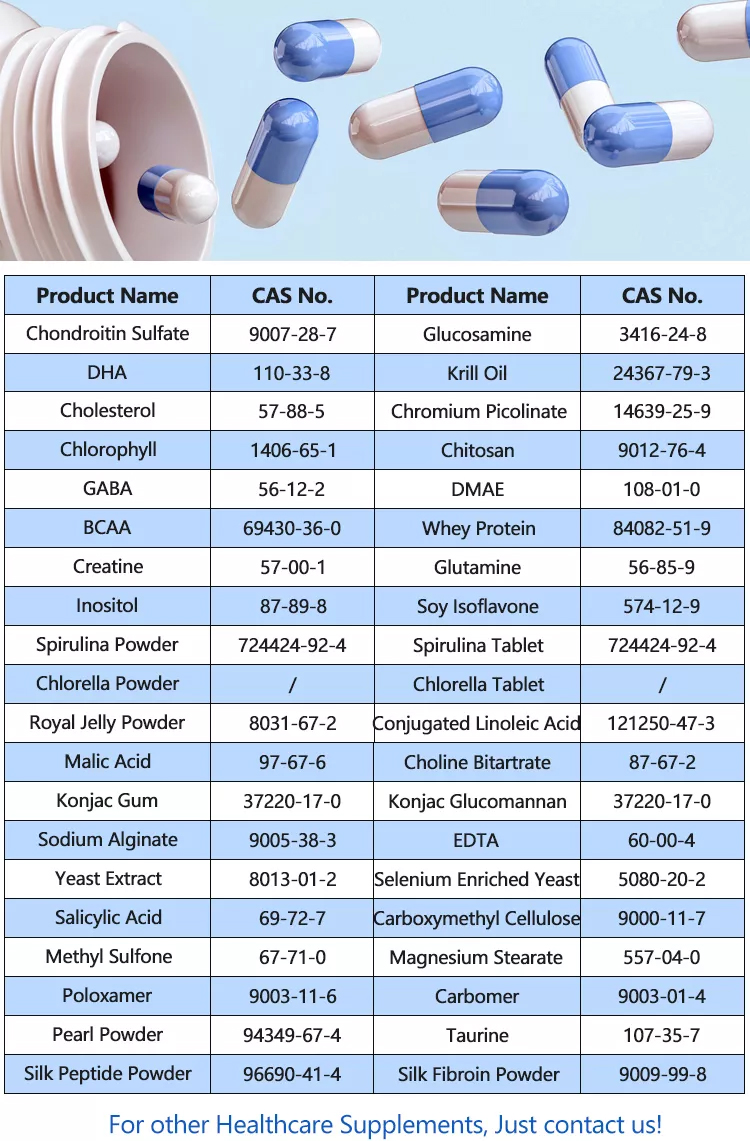Propolis powder is a resinous substance collected by honeybees from various plant sources, which they use to seal and protect their hives. It has been used for various health and medicinal purposes. Here are the materials and methods typically involved in the production of propolis powder:
Materials of Propolis Powder:
1.Raw Propolis: The primary material is raw propolis, which is collected from beehives. This raw propolis is a sticky substance and contains a mixture of plant resins, beeswax, pollen, essential oils, and other bee-related substances.
2.Solvents: Solvents are used to extract the active compounds from raw propolis. Ethanol or a mixture of ethanol and water is commonly used for this purpose.

Methods of Propolis Powder:
1.Collection and Preparation of Raw Propolis:
Beekeepers collect raw propolis from beehives. It’s typically scraped off hive surfaces and collected.
2.Cleaning and Filtering:
Raw propolis may contain impurities like bee parts, dirt, and wax. It needs to be cleaned and filtered to remove these impurities.
3.Extraction:
The cleaned propolis is then subjected to extraction. The most common method involves soaking it in ethanol or an ethanol-water mixture. The alcohol helps dissolve the active compounds from the propolis.
4.Stirring and Heating:
The propolis and solvent mixture is often stirred and heated to facilitate the extraction process. The mixture is kept at a controlled temperature for a certain period.
5.Filtration:
After the extraction, the liquid mixture is filtered to separate the liquid extract from the solid residue.
6.Evaporation:
The liquid extract is then subjected to evaporation to remove the solvent. This can be done using various methods, including vacuum evaporation, to ensure that only the active compounds are left.
7.Drying:
The resulting propolis extract is further dried to remove any remaining moisture.
8.Powdering:
The dried propolis extract can be ground into a fine powder. This can be done mechanically or through other methods.

9.Testing and Quality Control:
Propolis powder is often subjected to various tests to ensure its quality and potency. These tests may include chemical analysis to determine the concentration of active compounds and to check for impurities.
10.Packaging:
The final propolis powder is packaged in airtight containers to preserve its quality and protect it from moisture and light.
It’s important to note that the specific methods and materials used for producing propolis powder may vary depending on the manufacturer and the desired quality of the final product. Additionally, the composition and concentration of active compounds in propolis can vary depending on the source and location, so the production process may need to be adapted accordingly. Propolis powder is often used in dietary supplements, herbal remedies, and skincare products due to its potential health benefits.
